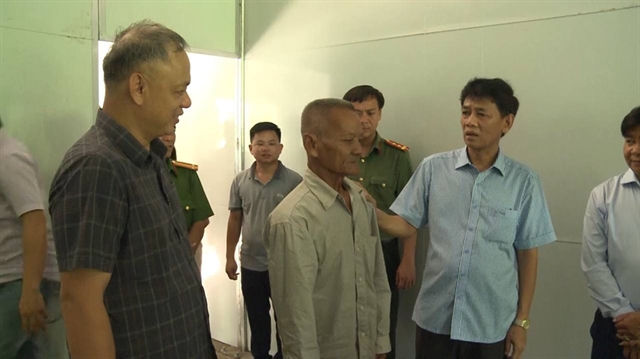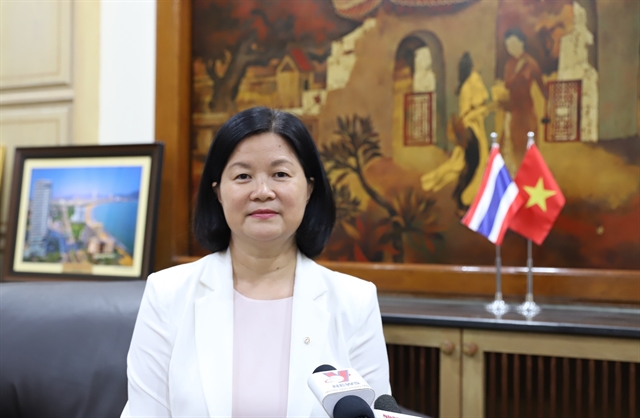

China successfully launched the world's first quantum satellite from the Jiuquan Satellite Launch Center in northwestern Gobi Desert at 1:40 am on Tuesday.
JIUQUAN — China successfully launched the world’s first quantum satellite from the Jiuquan Satellite Launch Center in northwestern Gobi Desert at 1:40am on Tuesday.
In a cloud of smoke, the satellite, Quantum Experiments at Space Scale (QUESS), roared into the dark sky on top of a Long March-2D rocket.
The 600-plus-kilogram satellite will circle the Earth once every 90 minutes after it enters a sun-synchronous orbit at an altitude of 500 kilometers.
It is nicknamed "Micius," after a fifth century BC Chinese philosopher and scientist who has been credited as the first one in human history conducting optical experiments.
In its two-year mission, QUESS is designed to establish "hack-proof" quantum communications by transmitting uncrackable keys from space to the ground, and provide insights into the strangest phenomenon in quantum physics - quantum entanglement.
Quantum communication boasts ultra-high security as a quantum photon can neither be separated nor duplicated. It is hence impossible to wiretap, intercept or crack the information transmitted through it.
With the help of the new satellite, scientists will be able to test quantum key distribution between the satellite and ground stations, and conduct secure quantum communications between Beijing and Xinjiang’s Urumqi.
QUESS, as planned, will also beam entangled photons to two earth stations, 1,200 kilometers apart, in a move to test quantum entanglement over a greater distance, as well as test quantum teleportation between a ground station in Ali, Tibet, and itself. — XINHUA









